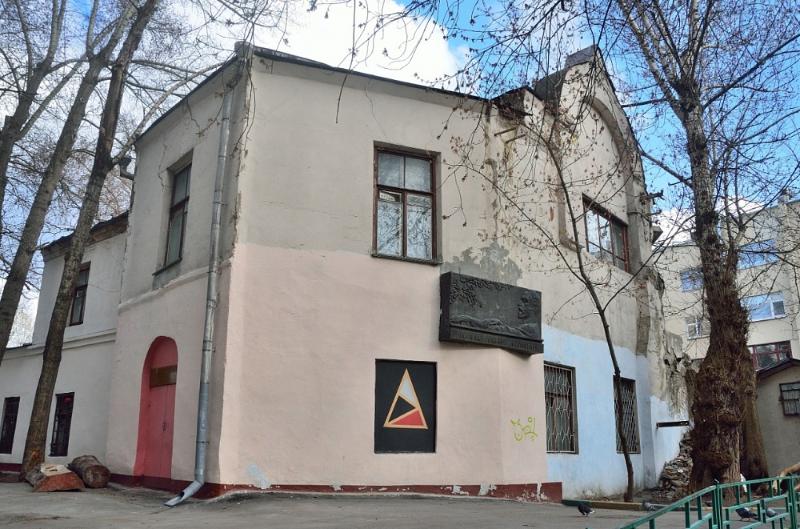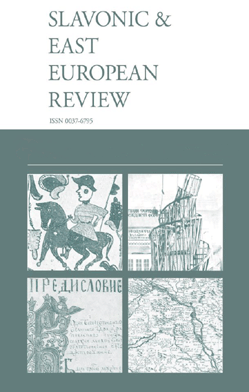
For a 30% discount, order the book from Cornell University Press. At checkout, enter the discount code: 09BCARD. You can also purchase the book from any online retailer or your favorite local bookstore.
Combining history and biography, The Sirens of the Hotel Louvre focuses on the intimate relationship and professional collaboration between two creative women in Russia’s Silver Age (1880s–1920). The actress Lidia Yavorskaya and the writer Tatiana Shchepkina-Kupernik overcame moral and social boundaries to assert themselves as successful artists. Their lives intersected with practically all the major theatrical entrepreneurs and artists of the period in Moscow and St. Petersburg, most notably Anton Chekhov.




 I have written a chapter titled “Burned Letters: Reconstructing the Chekhov-Levitan Friendship” for the newly published Chekhov’s Letters: Biography, Context, Poetics. The editors also asked me to contribute to a section in the book in which the anthology’s authors describe their favorite Chekhov letter. “A Prescription to Keep Love at Bay” is a short essay on a humorous and intentionally absurd letter Chekhov wrote to Lika Mizinova on 20 June 1891.
I have written a chapter titled “Burned Letters: Reconstructing the Chekhov-Levitan Friendship” for the newly published Chekhov’s Letters: Biography, Context, Poetics. The editors also asked me to contribute to a section in the book in which the anthology’s authors describe their favorite Chekhov letter. “A Prescription to Keep Love at Bay” is a short essay on a humorous and intentionally absurd letter Chekhov wrote to Lika Mizinova on 20 June 1891.

 Through meticulous scholarship and fine writerly craft, Gregory offers a riveting story of two creative geniuses at work. . . . In addition to this vivid picture of Chekhov’s and Levitan’s potent personal and professional relationship, Gregory’s readers will gain valuable insights into the context in which they worked: the politics and economics of artistic production; the competing movements in the arts at the time; and, memorably, the pervasive and toxic anti-Semitism that affected Levitan at every step of the way — including in Chekhov’s circle. . . . Gregory’s book should be required reading for Chekhov and Levitan scholars, for anyone interested in the history of Russian art and literature, and for general readers.
Through meticulous scholarship and fine writerly craft, Gregory offers a riveting story of two creative geniuses at work. . . . In addition to this vivid picture of Chekhov’s and Levitan’s potent personal and professional relationship, Gregory’s readers will gain valuable insights into the context in which they worked: the politics and economics of artistic production; the competing movements in the arts at the time; and, memorably, the pervasive and toxic anti-Semitism that affected Levitan at every step of the way — including in Chekhov’s circle. . . . Gregory’s book should be required reading for Chekhov and Levitan scholars, for anyone interested in the history of Russian art and literature, and for general readers. “There is rich material in this study. Gregory was right to unpick this relationship. From the point of view of Chekhov studies, Levitan is too often
“There is rich material in this study. Gregory was right to unpick this relationship. From the point of view of Chekhov studies, Levitan is too often